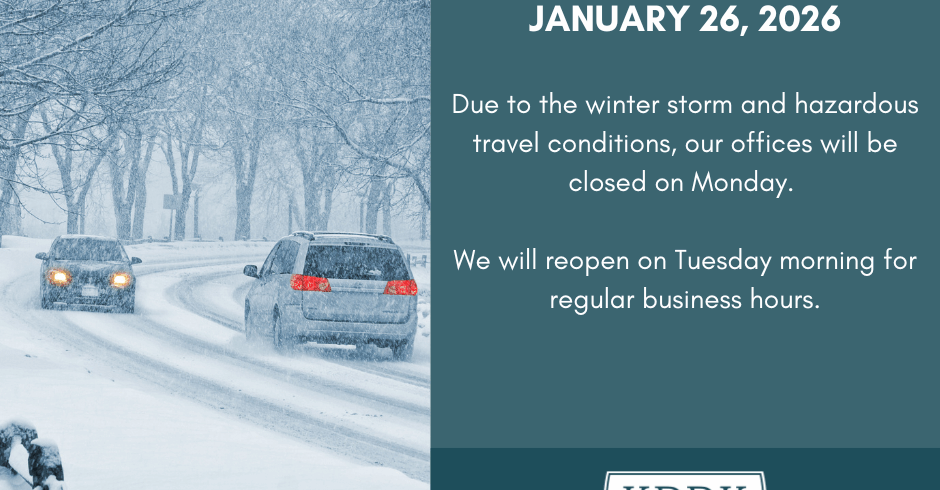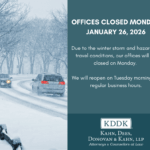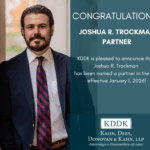The Affordable Care Act (ACA) has seen a number of challenges since its passage in 2010. In continuing this trend, the Supreme Court of the United States heard oral arguments on the latest challenge to the law at the end of March, this time from the Little Sisters of the Poor.
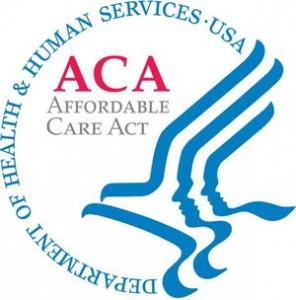 At issue was the ACA’s mandate that group health plans provide a full range of contraceptive coverage to women at no cost Nonprofit religious groups assert that this contraceptive mandate violates a federal law meant to protect religious freedom by forcing religious groups to either violate their religious beliefs by providing “abortifacients and contraceptives” or pay ruinous fines. They are seeking a full exemption from the mandate, similar to what has been provided to houses of worship such as churches.
At issue was the ACA’s mandate that group health plans provide a full range of contraceptive coverage to women at no cost Nonprofit religious groups assert that this contraceptive mandate violates a federal law meant to protect religious freedom by forcing religious groups to either violate their religious beliefs by providing “abortifacients and contraceptives” or pay ruinous fines. They are seeking a full exemption from the mandate, similar to what has been provided to houses of worship such as churches.
During oral arguments, several Justices expressed concern that it would be difficult for the Court to draft a neatly-defined rule that affords such an exemption to certain religious groups, while not eviscerating the ACA’s mandate entirely. Some of the Justices seemed to opine that religiously-affiliated universities, in particular, should not be treated the same way as churches. On the other hand, Chief Justice Roberts questioned why such groups would not be eligible for an accommodation that had been made available not only to churches, but for some grandfathered plans as well.
If the oral arguments, themselves, were not sufficient cause for speculation as to how the Court might rule, on March 29th, the Court took the unusual step of seeking additional briefs from the plaintiffs and the federal government about how and if contraceptive insurance coverage could be obtained by employees through their insurance companies without directly involving religious employers who object to this coverage.
The Supreme Court’s decision on this latest ACA challenge is not expected for several months. However, with the recent passing of Justice Scalia, the Court could be headed for a 4-4 tie, which would let the ruling under appeal (in favor of the federal government) stand but leave the issue unresolved nationally, as such a ruling would not form a legal precedent.
If you have questions about the Affordable Care Act or other employee benefit topics which may impact your business or organization, please contact attorney Steve Theising at stheising@KDDK.com or (812) 423-3183, or contact any member of the KDDK Tax and Employee Benefit Practice Team.
About the Author
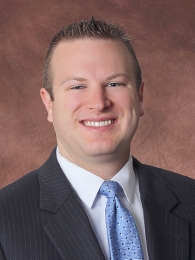
Steven M. Theising, an attorney at Kahn, Dees, Donovan & Kahn, LLP (KDDK), in Evansville, Indiana, practices primarily in the areas of business, construction, real estate, tax and employee benefits, and collections law. Steve utilizes his accounting and financial background to provide both legal and practical business analysis in negotiating, resolving and closing business, construction and real estate transactions and disputes. He also assists clients with addressing and resolving environmental and estate planning issues.


